Mit Engagement für die Zukunft
Jahreskonferenz in Sofia
Am 12. und 13. März 2019 hielt Smarter Together seine dritte Jahreskonferenz ab, diesmal in Sofia, der Hauptstadt Bulgariens und Projektpartnerin. Neben allen elektronischen Kommunikationsformen ist noch immer der menschliche Austausch wesentlich, auch bei so großen und hochtechnologischen Projekten wie Smarter Together. Und um die menschliche Dimension der Smart City geht es ja, wenn es heißt: „Gemeinsam g’scheiter“.
Wie zu erwarten, wurden vergangene Aktivitäten Revue passiert, künftige Meilensteine gesetzt und Ideen geschmiedet. Wie die sprichwörtlichen warmen Wiener Semmeln gingen Vorabzüge unseres Wiener 3-Jahres-Umsetzungsberichtes weg: „Einfach toll“, meinten so manche KonferenzteilnehmerInnen.
General Assembly, 12.-13. März 2019, Sofia
Erfolgreich, inspirierend, zukunftsorientiert
Smarter Together bot auch die Gelegenheit des politischen Austausches zwischen den VertreterInnen der Partnerstädte. Wien’s Vertreter war der Landtagsabgeordnete Kurt Stürzenbecher: „Smarter Together zeigt, wie erfolgreich, inspirierend und zukunftsorientiert die Zusammenarbeit in Europa ist.“
General Assembly, 12.-13. März 2019, Sofia
General Assembly, 12.-13. März 2019, Sofia
Besonders beeindrucken: die assoziierten Partnerstädte oder „Follower Cities“
Besonders beeindruckend waren die Berichte aus den assoziierten Partnerstädten oder „Follower Cities“ Sofia, Santiago de Compostela und Venedig. Deren ursprüngliche Projektaufgabe war es, sich von den Leuchtturmsädten Wien, München und Lyon was „abzuschauen“, Pläne (Strategien) zu schmieden, um in Zukunft Maßnahmen zu setzen. Alle drei gehen weiter und setzen schon jetzt ganz konkrete Projekte um und konnten diese aus eigenen Mitteln finanzieren!
Die Sofia legte ihren Masterplan und ihre Innovationsstrategie vor und hob ihre Teilnahme an der Initiative des Konvents der Bürgermeister hervor. Gleichzeitig stellte sie ihren Plan für nachhaltige urbane Mobilität und ihr Luftqualitätsprogramm vor.
Santiago de Compostela hob den lokalen Aktionsrahmen sowie die Replikationsarbeiten in den Bereichen energetischer Nachrüstung, Sanierung von Wohnungen, intelligente Beleuchtung und intelligente Verwaltungsdienste hervor. Santiago de Compostela befasst sich auch mit nachhaltiger Mobilität in der historischen Altstadt sowie mit E-Car-Sharing- und intelligenten Mobilitätslösungen.
Für Venedig ist das Hauptthema Mobilität, und die Stadt ist bestrebt, die Erfahrungen der Leuchtturmstädte zu integrieren und einen innovativen Ansatz für die Mobilitätsplanung zu testen. Das Wiener SIMmobil diente als Inspiration, einen ausrangierten Bus der lokalen Verkehrsbetriebe neu zu branden und vor Ort für die Kommunikation mit Bürgerinnen zu verwenden. Venedig ist betrebt, die aktive Beteiligung der Bürger und die Förderung innovativer Maßnahmen zur Festigung und Steigerung der Nutzung nachhaltiger Mobilität zu fördern. Venedig hat vier Workshops seiner „Task Force“ aus Bürgern, lokalen Interessengruppen und Stadttechnikern geplant, um die Bedürfnisse und Lösungen im Hinblick auf nachhaltige Mobilität zu untersuchen. Fotos vom Wiener E-Carsharing aus der BWSG-Hauffgasse wurden kurzerhand für die eigenen Zwecke in Infomaterialien verwendet.
Mehr Bilder auf Flickr hier.
English Summary / Zusammenfassung in Englisch:
Smarter Together Holds its 3rd General Assembly in Sofia
On 12 and 13 March 2019, Smarter Together gathered for its third General Assembly, an annual meeting that brings together all cities and partners of the smart cities project funded by the Horizon 2020 programme of the European Commission. This year, the city of Sofia, Bulgaria hosted the municipalities, industrial and scientific partners of Smarter Together to discuss progress made, milestones and the future of the project in both Lighthouse and Follower cities. The first day of the General Assembly was primarily reserved for Core Group and Steering Committee meetings followed by an official reception and dinner. The second day featured presentations from each of the Lighthouse and Follower cities that focused on challenges and achievements after three years of implementation of solutions within the Smarter Together project, as well as plans for replication moving forward. Each city made a presentation during the General Assembly and provided a window into the individual cities and the work being done under the umbrella of Smarter Together. The first contribution was from Lyon and presented by Maxime Valentin, Etienne Vignali and Emmanuel Gastaud. One area of focus was replication, particularly in the areas of data management, photovoltaic production and business models as well as corporate partnerships. The presentation also included discussion of eco-refurbished buildings, district heating, mobility as a service and shared electric mobility. Bernhard Klassen and Korinna Thielen made the presentation for Munich, and looked at successes ranging from the creation of eight e-mobility stations, five co-created solutions, and four innovative sensor solutions, to 60 intelligent lampposts and the Munich SmartCity App. Munich has an ‘evolutionary approach to smart city transformation’, and the work of Smarter Together, as well as other innovation projects are finding their way into strategically effective actions in the city. The achievements of Vienna were presented by Julia Girardi-Hoog and Stephan Hartmann and covered a wide range of Smarter Together’s work in the city. On the physical side, the project has helped eco-refurbish over 600 flats in three locations, has created an e-car sharing service with charging stations, worked together with Siemens on e-forklifts in the company’s logistics plant and helped to build Vienna’s first mobility station (with four more to follow). The project has also worked very hard to encourage citizen engagement and has been very successful in this area. The ‘Beat the Street’ project reached over 20,000 participants and with area residents being closely involved in many other areas of Smarter Together’s work from planning to implementation. The Follower Cities also gave presentations with a particular focus on replication. The city of Sofia laid out its master plan and innovation strategy, and highlighted its participation in the Covenant of Mayors initiative while also presenting its Sustainable Urban Mobility Plan and Air Quality Programme. Santiago de Compostela highlighted its Local Action Framework as well as replication work in the areas of energy retrofitting, housing refurbishment, smart ornamental lighting and smart management services. The city is also looking at sustainable mobility within the historical city as well as e-car sharing and smart mobility solutions. For Venice, the main topic is mobility and the city is looking to carefully benchmark the work of the Lighthouse Cities and test an innovative approach for mobility planning. There is also an effort to encourage the active participation of citizens and the promotion of innovative measures to solidify and increase the use of sustainable mobility. Venice has planned four workshops of its ‘Task Force’ of citizens, local stakeholders and city technicians to look at needs and solutions regarding sustainable mobility. To conclude the General Assembly was a round table discussion that included members of the advisory board as well as municipal leaders. The city representatives commended Smarter Together’s achievements, noting that “you can be proud of yourselves! You are making our neighbourhoods a better place to live.” The round table included Prochko Prochko, Deputy Chair of Sofia City Council; Jorge Duarte, Architect and Councillor of Urban Spaces and Mobility for Santiago de Compostela; Munich City Councillor Johann Sauerer; Venice City Councillor and Mayoral Delegate for Smart Cities and Innovation, Luca Battistella; Vienna City Councillor, Kurt Sturzenbecher; Deputy Director of SPL Lyon Confluence, Benoit Bardet; along with Advisory Board Members Judith Borsboom van Beurden and Anne Charreyron-Perchet. Dr. Kurt Sturzenbecher stated that “Smarter Together has proven to be a fantastic trigger for policy making and as a real partner on the European level.” Footnote Smarter Together is a project funded by the H2020 programme of the European Union that focuses on five concrete areas of co-created and integrated smart solutions in cities: citizen engagement, district heating and renewable energy, holistic refurbishment, smart data, and e-mobility. In a project structure that encourages the replication of solutions, the European lighthouse cities Vienna, Munich and Lyon, the follower cities Santiago de Compostela, Sofia and Venice, come together to improve citizens’ quality of life. For more information, please visit the project website: www.smarter-together.eu
Bojan Schnabl, Quelle: www.smarter-together.eu
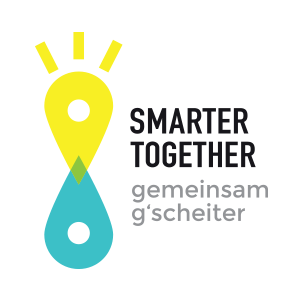
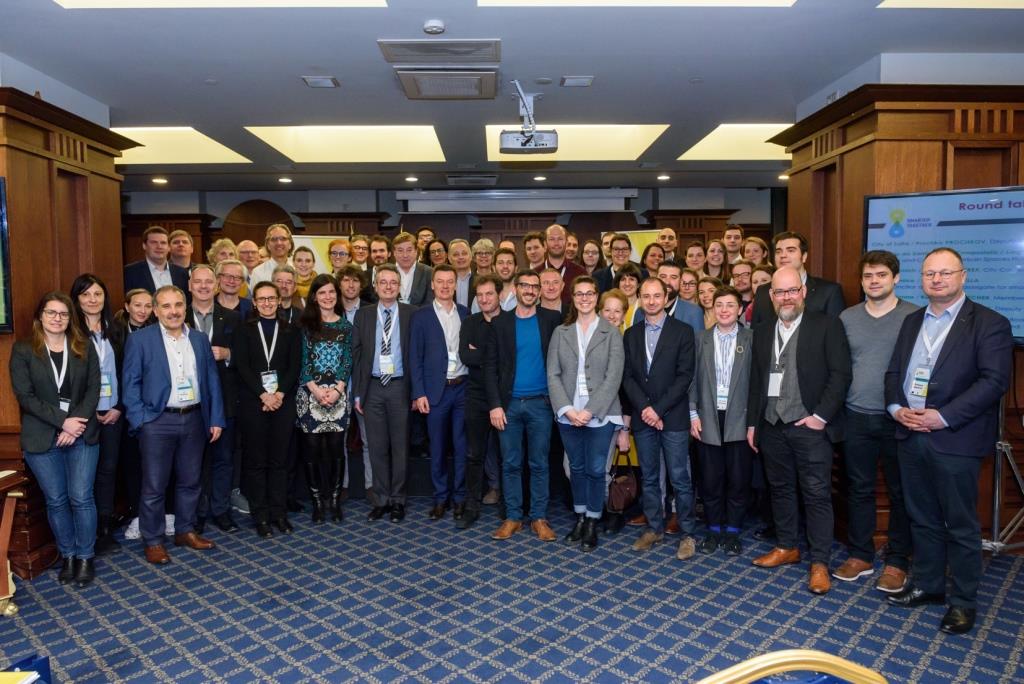
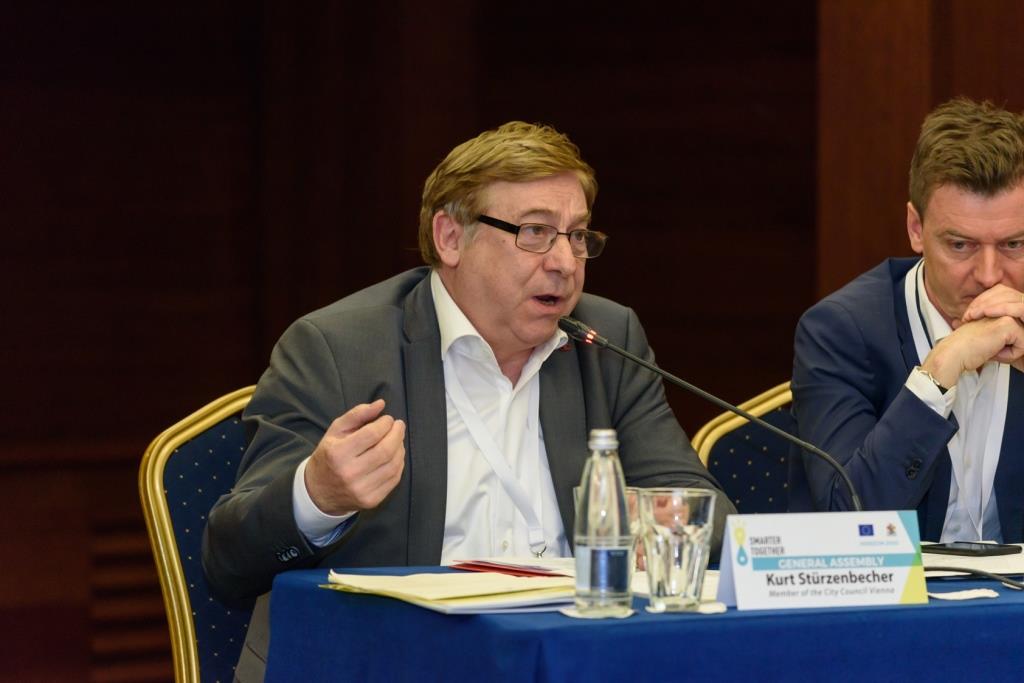
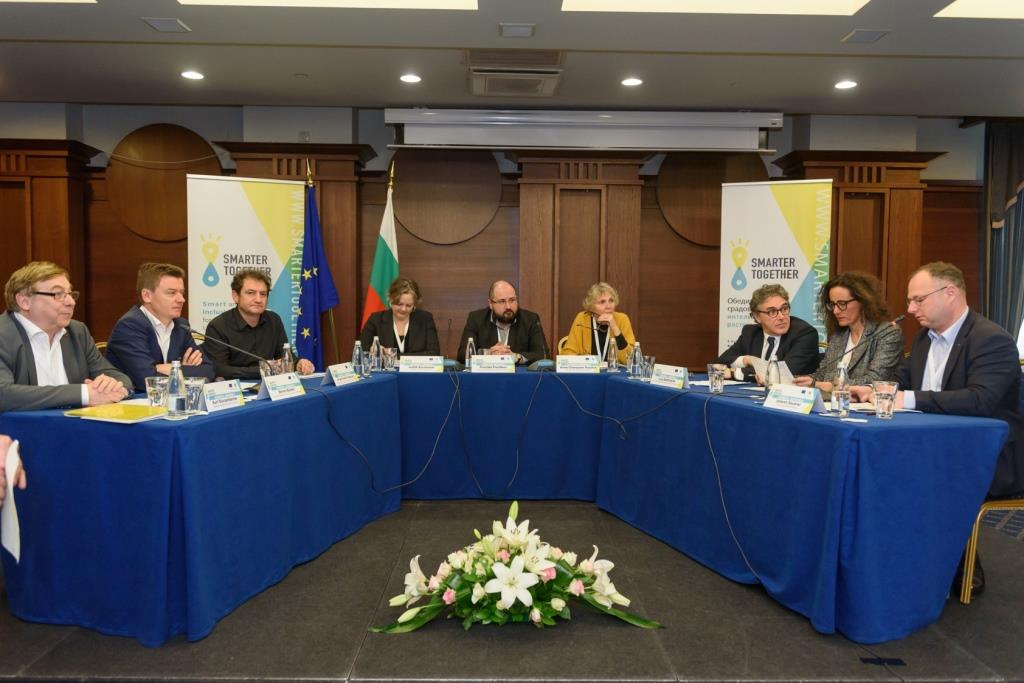
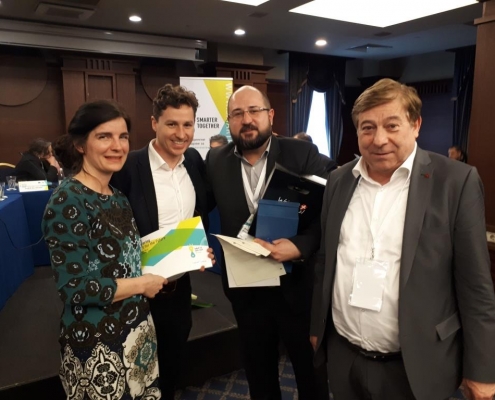
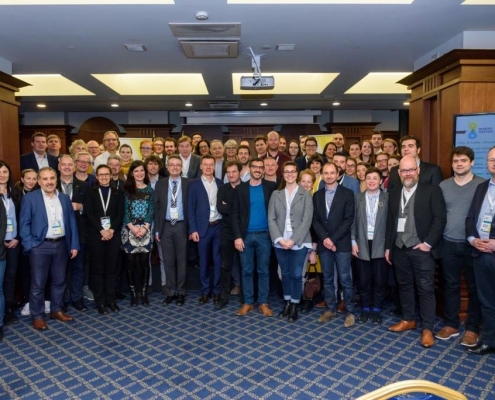
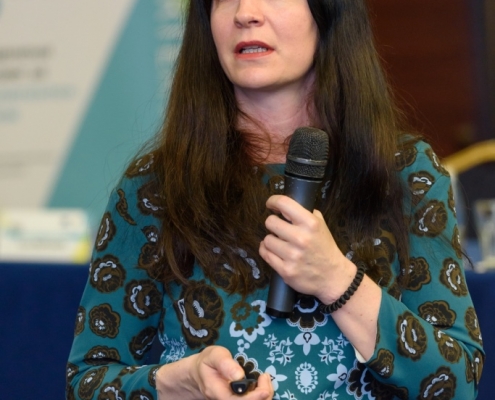
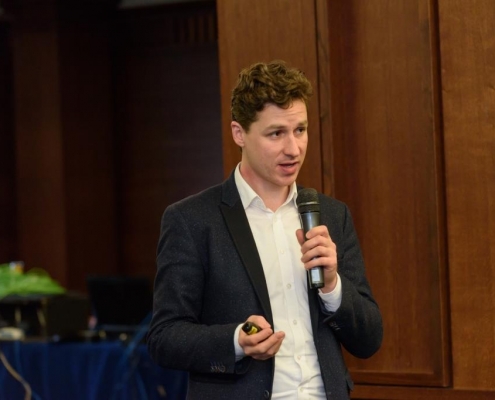
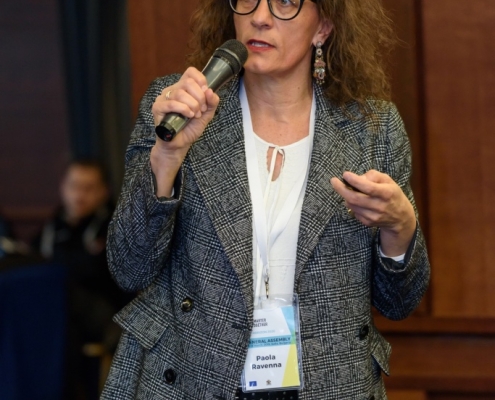
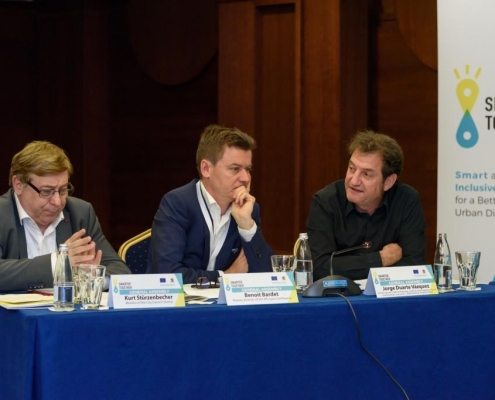
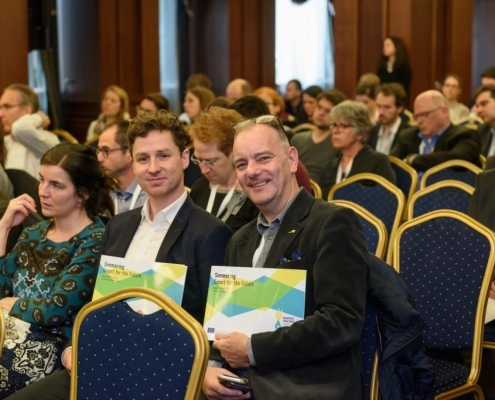
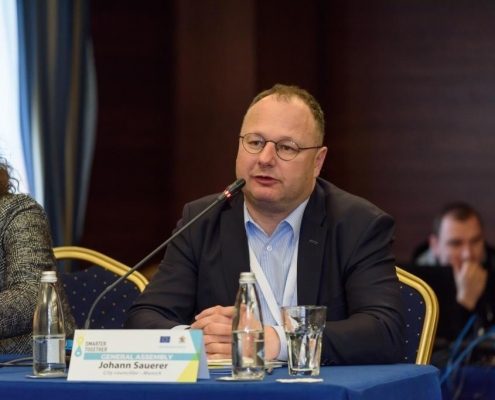
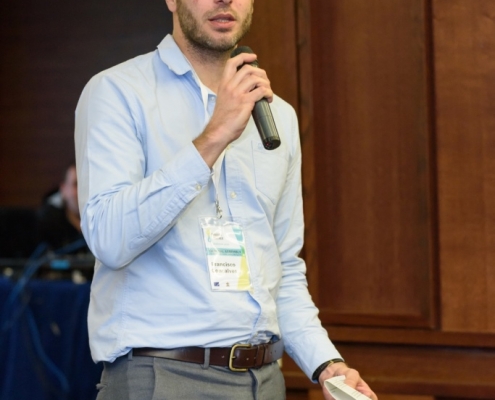
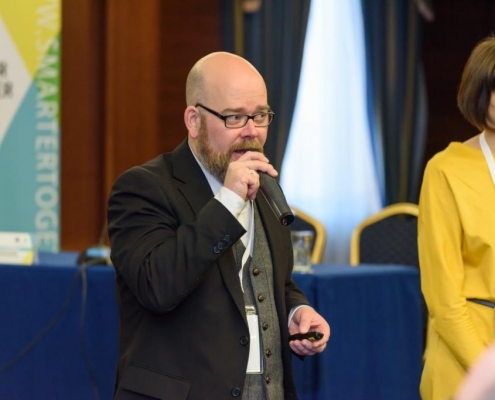
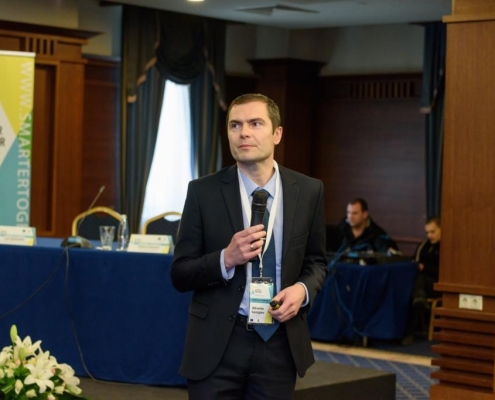
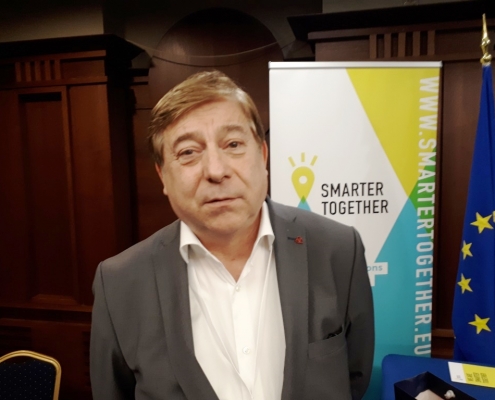
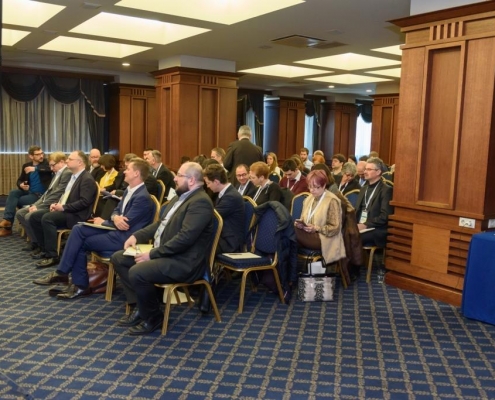
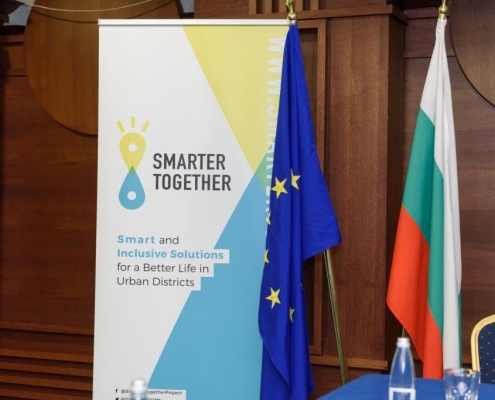
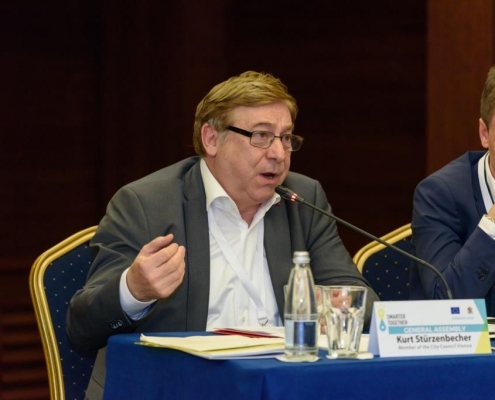

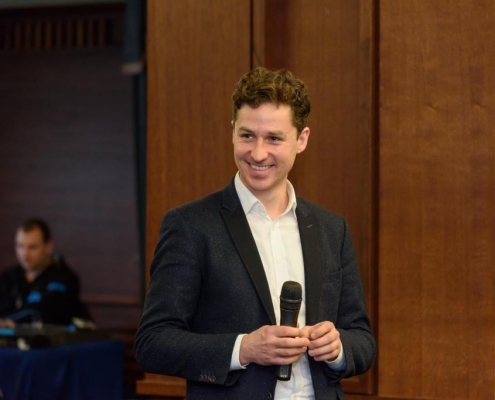

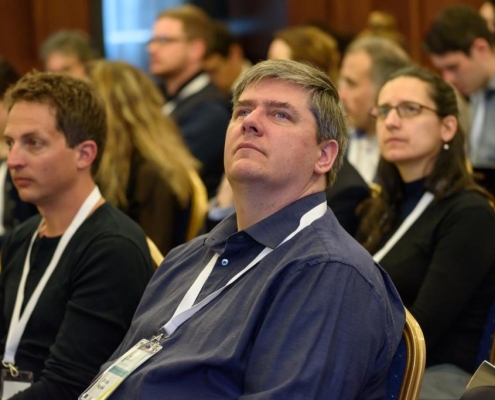
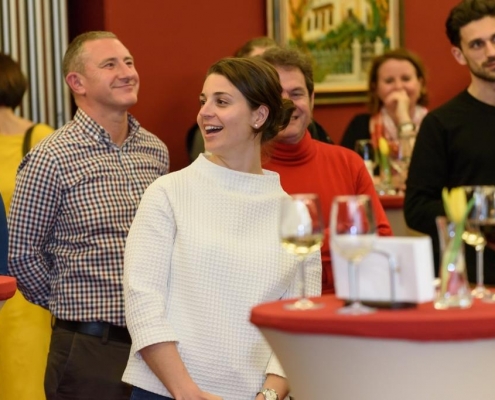
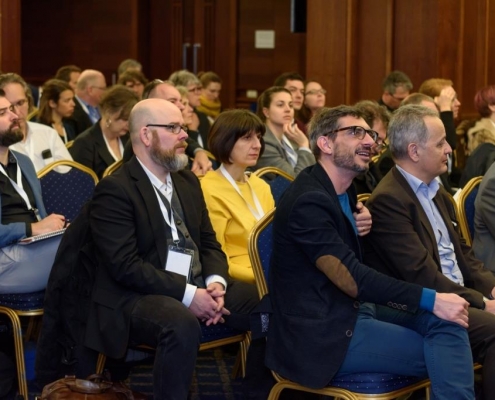
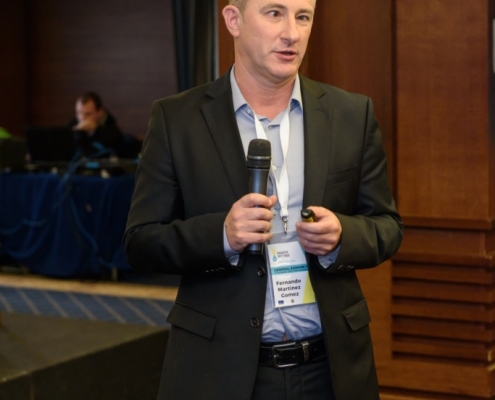
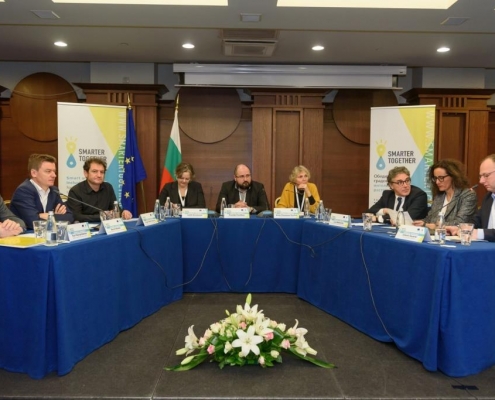
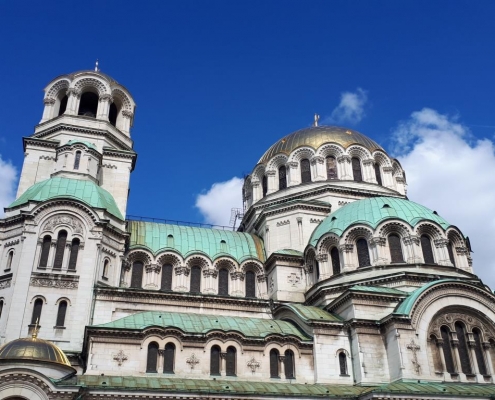
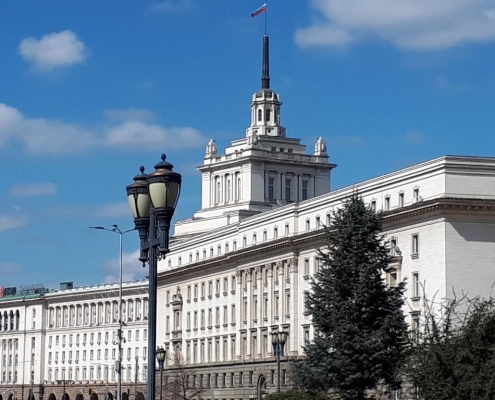
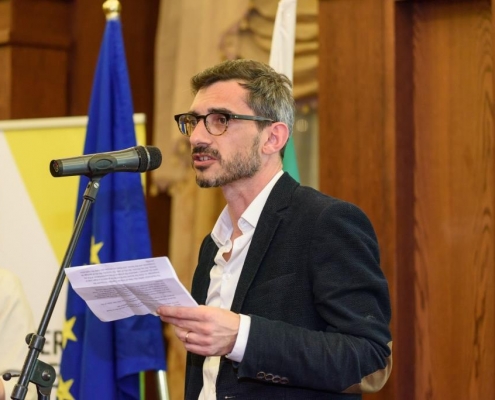
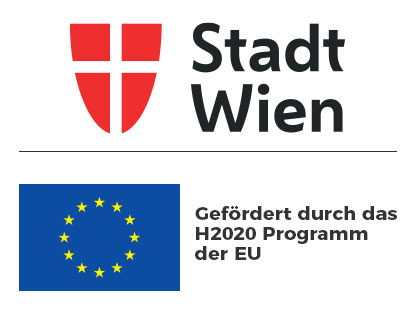
 ENPonline, Mirja Kofler
ENPonline, Mirja Kofler PID / Alexandra Kromus
PID / Alexandra Kromus